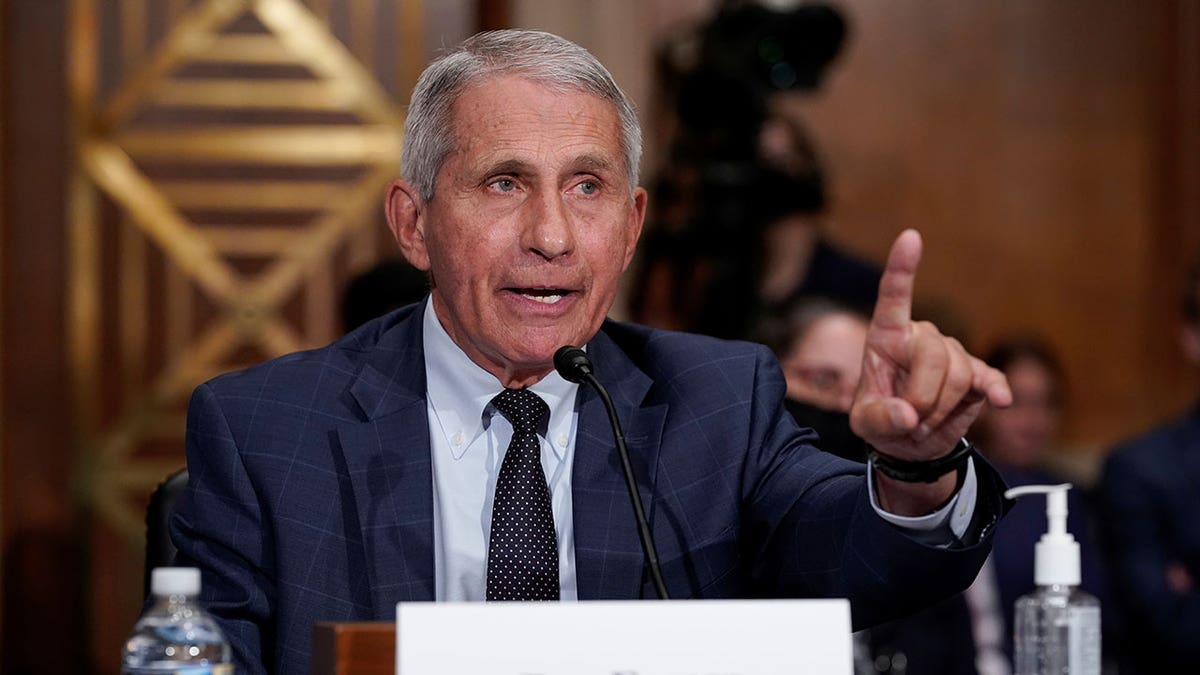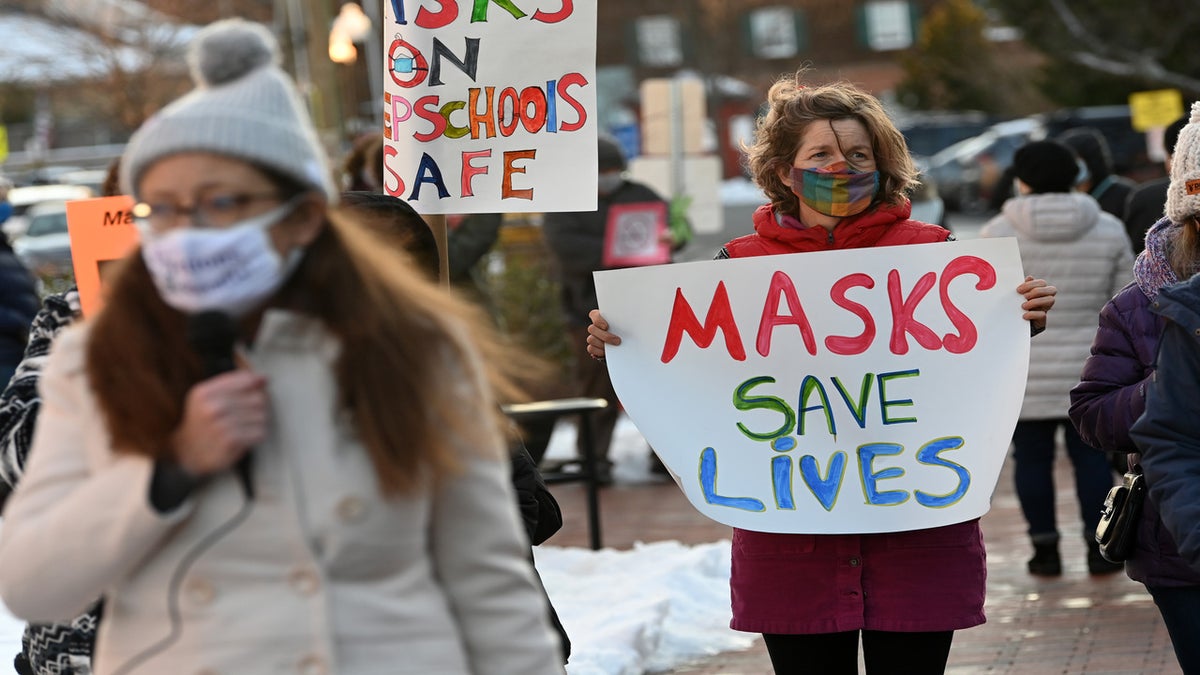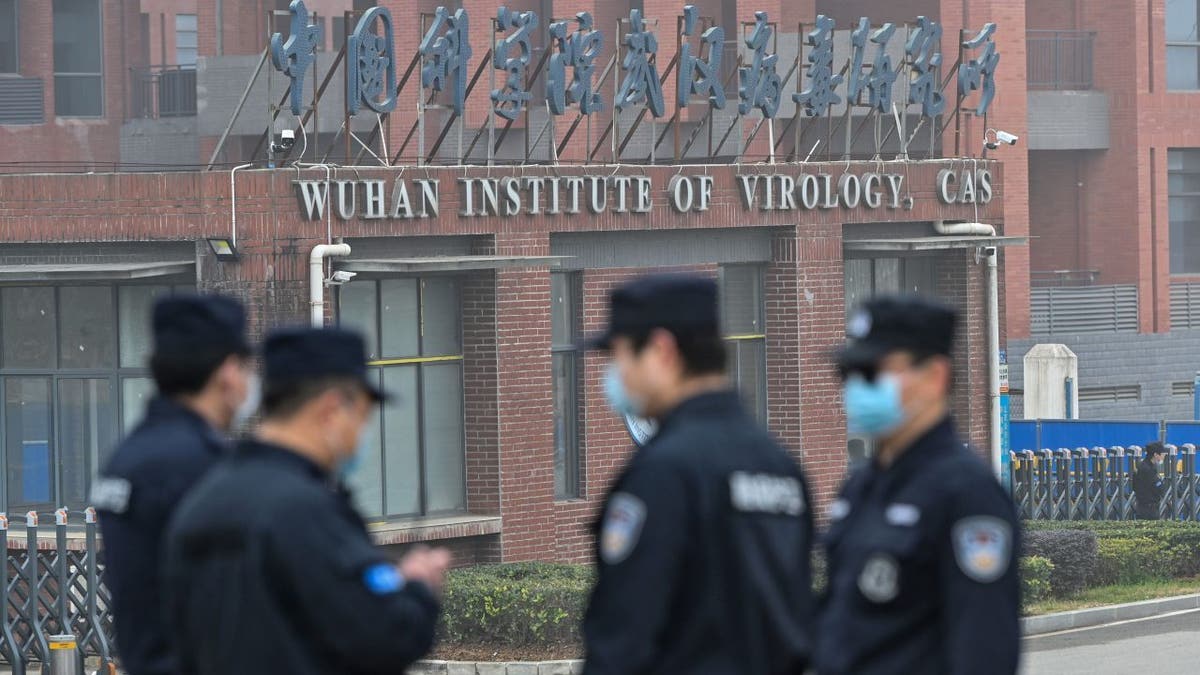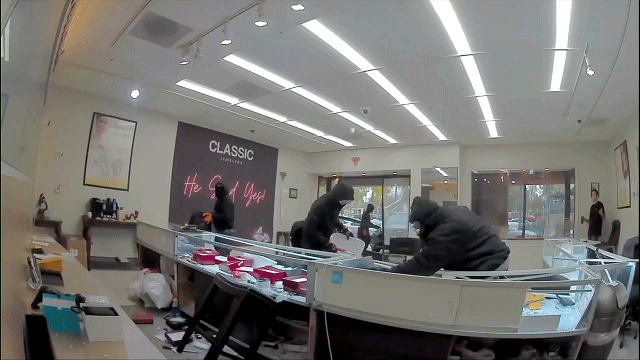Fauci made COVID judgment error that allowed millions to die: Paul
Sen. Rand Paul, R-Ky., discusses the origins of COVID, telling "America Reports" there is a mountain of evidence that shows the virus came from a lab and no proof it came from animals.
Dr. Anthony Fauci struck a defensive tone during a recent interview in which he reflected on his and the government's response to the COVID-19 pandemic, admitting that mistakes were made despite his best efforts.
"Show me a school that I shut down and show me a factory that I shut down. Never. I never did," Fauci said when asked about the consequences of "heavy-handed" public health policies in a New York Times interview published Tuesday. "I gave a public health recommendation that echoed the CDC’s recommendation, and people made a decision based on that. But I never criticized the people who had to make the decisions one way or the other."
The response was just one of several in which Fauci defended his guidance during the pandemic, pushing back against critics who have accused him of being wrong about everything, from masks to how effective vaccines would be.
DESANTIS TAKES SHOT AT TRUMP FOR FAUCI’S ROLE DURING ADMIN’S CORONAVIRUS RESPONSE

Dr. Anthony Fauci (Stefanie Reynolds / Reuters / File)
While Fauci, who recently retired from his post as director of the National Institute of Allergy and Infectious Diseases, said public health officials were sometimes wrong, he argued that the ever-changing nature of the evidence meant it was nearly impossible to get everything right.
"Communication in pandemics is difficult under the best of circumstances," Fauci said. "What has been so troubling to me as a health official is when you are dealing with a moving target, the evidence is evolving and new data becomes available, but you get so many different people with their own sets of data that are not real data, but even in a perfect world, it would not be easy."
One of the most controversial issues Fauci confronted as the face of the pandemic response was the mask mandates that eventually spread across the nation. Although Fauci had initially told Americans masking was unnecessary, he would later become a vocal supporter of the benefits of wearing face coverings.
When asked if his change of tune on masks and the divisive nature of the mandates may have intensified opposition to vaccines later, Fauci agreed that anything that "intensified the culture wars just made things worse."

People gather in support of continuing the school mask mandate outside the Loudon County Government Center in Virginia. (Matt McClain / The Washington Post via Getty Images / File)
RAND PAUL TORCHES FAUCI: 'ONE OF THE WORST JUDGMENT ERRORS' IN HISTORY OF PUBLIC HEALTH
"When it comes to masking, I don’t know," Fauci said. "But I do know that the culture wars have been really, really tough from a public health standpoint. Ultimately, an epidemiologist sees it as an epidemiological phenomenon. An economist sees it from an economic standpoint. And I see it from somebody in bed dying."
The retired infectious disease expert noted that policies meant to spread use of the vaccine may have backfired as many across the country were already becoming skeptical of public health guidance.
"I think, almost paradoxically, you had people who were on the fence about getting vaccinated thinking, ‘Why are they forcing me to do this?’" Fauci said. "And that sometimes beautiful independent streak in our country becomes counterproductive."
He also defended his views on the origins of the pandemic, arguing that he was open to the idea that the virus could have leaked from a Chinese lab despite believing more evidence exists to support the notion that the virus originated from a Wuhan wet market.

Security personnel stand guard outside the Wuhan Institute of Virology in Wuhan. China. (Hector Retamal / AFP via Getty Images / File)
"I feel that until you have a definitive proof of one or the other, it is essential to have an open mind," Fauci said. "But I want to highlight the difference between possible and probable. If you look at what’s possible, I absolutely keep an open mind until we get a definitive proof of one versus the other."
Fauci also noted the limitations that scientists have when confronting a pandemic, arguing that future leaders should learn lessons from the country's response to COVID-19 and that public health officials need to stay vigilant ahead of the next pandemic.
CLICK HERE TO GET THE FOX NEWS APP
"We don’t need an infinite budget. We just need a sustained commitment to science and public health," Fauci said. "The next pandemic may be 25 years from now. It could be 50 years from now. Remember, the last transforming pandemic was 1918. We had pandemics in 1957, 1968 and 2009, but nobody hardly even noticed them."









































